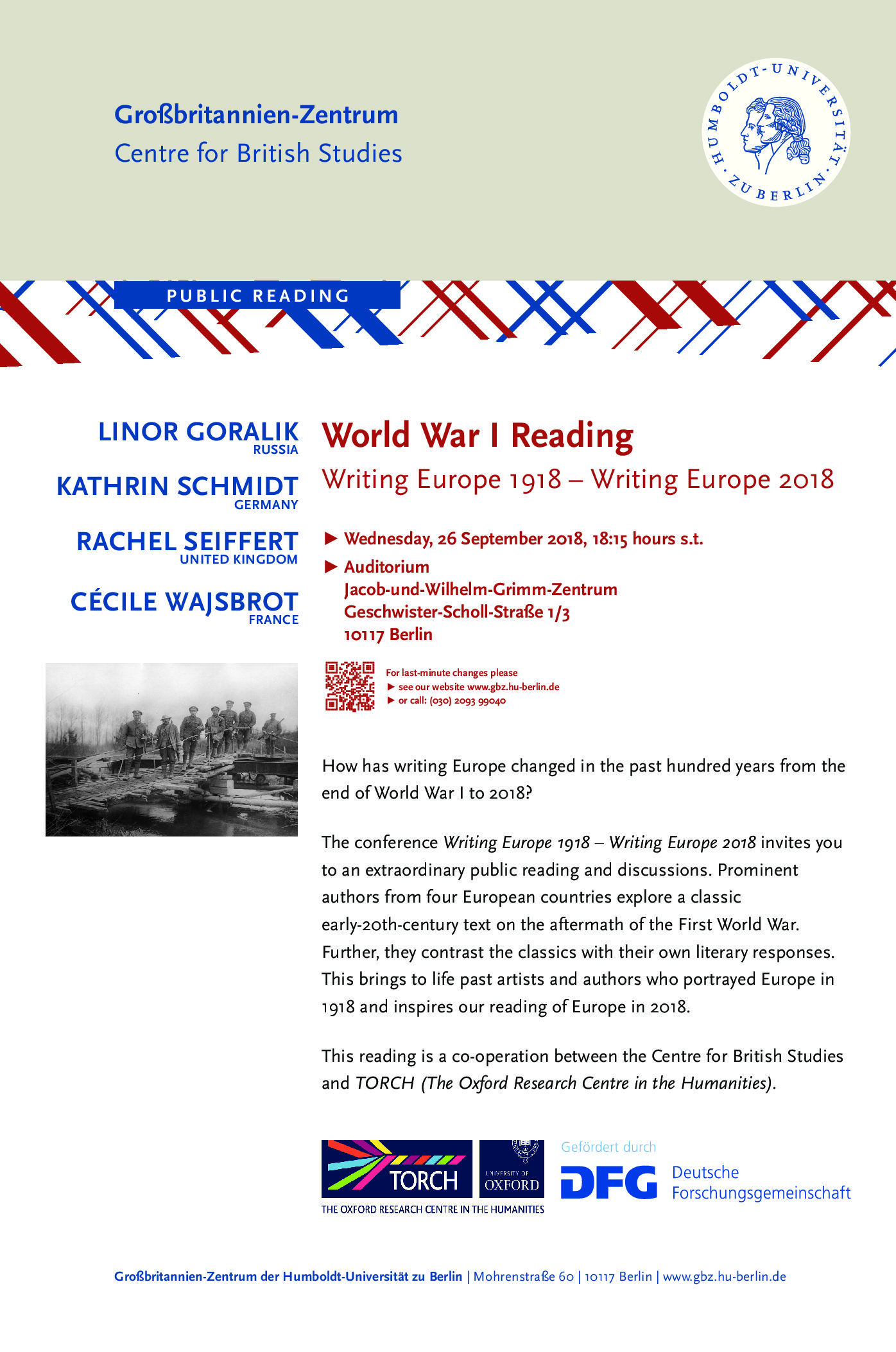The Edinburgh Companion to First World War Periodicals, Birgit van Puymbroeck with Marysa Demoor and Cedric Van Dijck (Edinburgh University Press, 2022), is currently in production: Demoor, M., Van Dijck, C., & Van Puymbroeck, B. (Eds.) (In press). The Edinburgh Companion to First World War Periodicals. Edinburgh University Press.
The Edinburgh Companion to First World War Periodicals is the first reference book on First World War newspapers and magazines from the home front to the front lines.
While literary scholars and historians often draw on the press as a source of information, First World War periodicals have rarely been studied as cultural artefacts in their own right. However, as this volume shows, the press not only played a vital role in the conflict, but also underwent significant changes due to the war. This Companion brings together leading and emerging scholars from various fields to reassess the role and function of the periodical press during the so-called ‘Greater War’. It pays specific attention to the global aspects of the war, as well as to different types of periodicals that existed during the conflict, ranging from trench, hospital and camp journals to popular newspapers, children’s magazines and avant-garde journals in various national and cultural contexts.

![Journal of European Studies front page.png [alternativer Bildtext]](https://www.gbz.hu-berlin.de/publications-media/dateien/journal-of-european-studies-front-page.png/@@images/b635ca65-668f-4c50-adbf-50ff3c1b83c1.png) The special issue of the Journal of European Studies, based on the DFG-funded conference Writing Europe 1918 – Writing Europe 2018 which took place in Berlin in 2018, has recently been published. In their wide-ranging papers, members of the network and guests explore the rebuilding of literary/artistic networks after World War I. The detailed table of contents can be found here: link to journal website:
The special issue of the Journal of European Studies, based on the DFG-funded conference Writing Europe 1918 – Writing Europe 2018 which took place in Berlin in 2018, has recently been published. In their wide-ranging papers, members of the network and guests explore the rebuilding of literary/artistic networks after World War I. The detailed table of contents can be found here: link to journal website: 